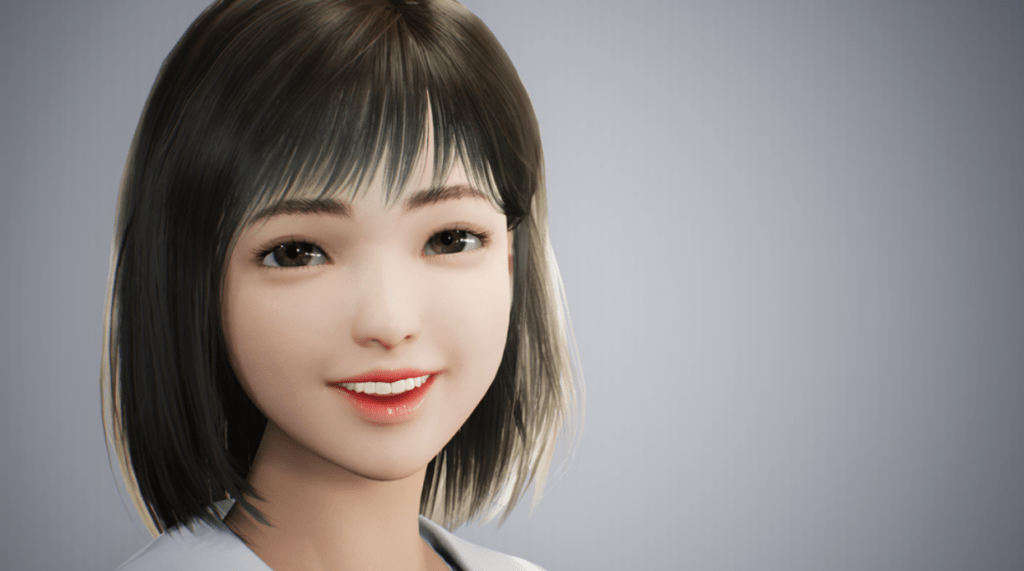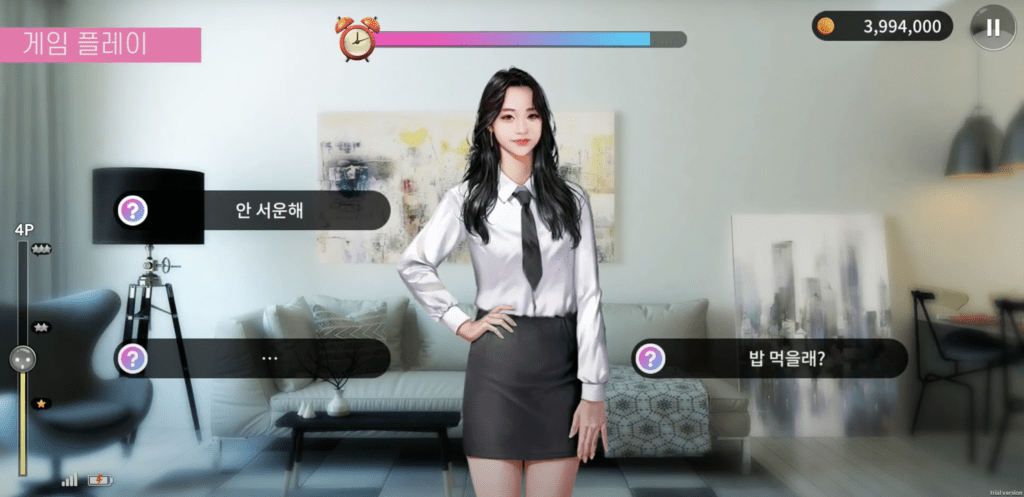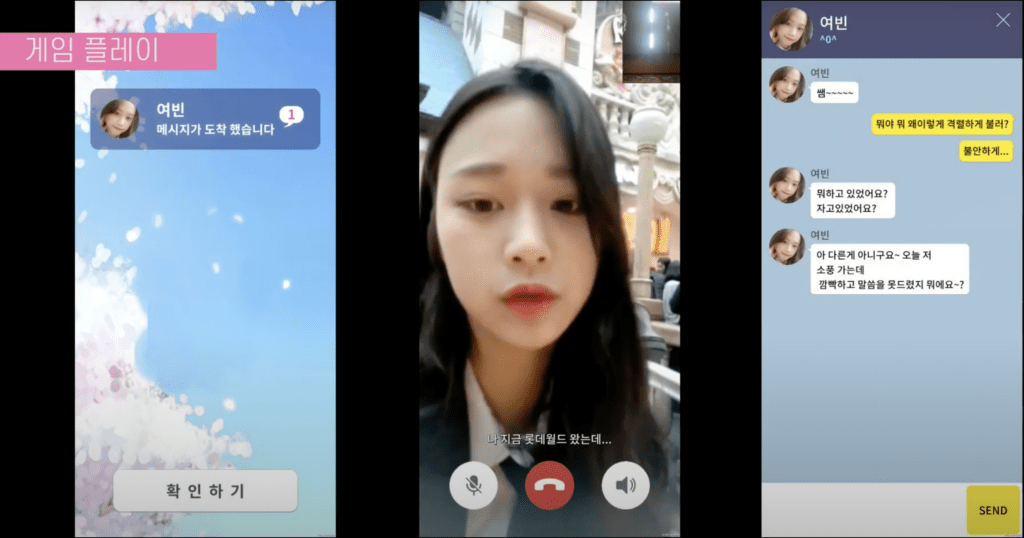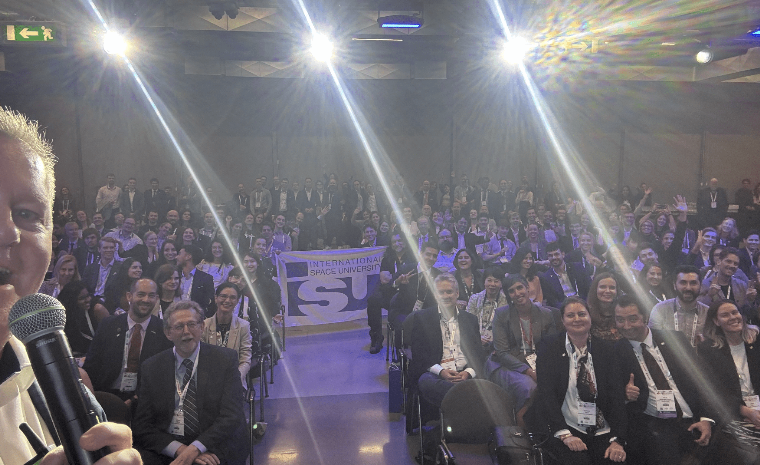A Japanese man in his early 20s gets dressed in a black and white tuxedo at a wedding chapel. A couple of staff members approach to measure the groom’s height and guide him to the alter. Under colourfully decorated roses and bright lightings, the groom puts on a virtual reality headset with his shivering hands. Soon, he sees the woman of his dreams before his eyes – a three-dimensional cartoon character dressed in a white wedding dress.
This man was one of 100 grooms who tied the knots with a female character from an adult game “New Wife: Lovely X Cation” last year in Tokyo, Japan. Hibiki Works, a virtual reality game developer, held the VR wedding event as a prize for players who would like to marry their favourite characters from the company’s game. At the end of the ceremony, the players could also kiss their bride with the help of a staff member holding up a marshmallow to smooch.
The company’s VR wedding event failed to take place for the second time, as it failed to raise a sufficient amount of funds from their fans. Nevertheless, some people say that the event was one of the cases that show how VR technology reshapes our understanding of romantic relationships. With VR technology, digitalised characters, instead of real people, can be our lovers. Or can they?
Brief Introduction to VR Technology
VR technology is used to allow users to experience a fabricated or simulated environment. It makes the environment more immersive than other interfaces, as users can interact with the environment instead of just seeing it from a display screen.
Mostly, VR technology can be experienced through a headset. The VR headset consists of display panels and a pair of lenses, located between the panels and the user’s eyes. This way, the user sees his surroundings as what display panels show while being blocked from the outside world. The headset also tracks the user’s movements to change displayed images accordingly to what he sees. Some headset models also have speakers attached to offer more immersive experiences.
Users of VR technology can interact with the simulated environment with controllers. For example, a remote controller in each hand.

Date a Digital Character
VR technology has been applied in a wide range of businesses, from social media platforms, such as Facebook and YouTube, to academic studies. Forming a romantic relationship with a digital character in a game is one of its various adaptations.
Smilegate Entertainment, a game developer based in South Korea, introduced a VR dating game title called “Focus on YOU” in June 2019. Players of this game can fall in love with a 17-year-old female character “Han You-ah”, or You.
The game starts from where the player — set as an 18-year-old high school student who majors in photography — meets You for the first time at a park. The player asks You to be his model for a day, and the girl gladly nods her head. The next day, You comes over to where the player works as a part-time barista. The relationship with You deepens as the player goes through various in-game events, for example, a school trip or a date.
“The game was made to bring back the memory of people’s first crush,” Smilegate wrote in the game introduction. “Players can be a high school student in their own VR world [in Focus on YOU] and relive in the memory of their first love.”

Smilegate says one of many things that differentiates Focus on YOU from other VR games is that players can interact with You by voice speech. The character can respond to some words from the player’s speech, which allows players to have a more realistic and immersive experience.
What’s more, You’s animation is based on the motion capture database of hundreds of hours. Motion capture is a process of recording people’s movements or facial expressions. The bigger the database is, the more natural the simulated character’s movement becomes. Smilegate recorded movements and expressions of a former K-pop idol artist to make You’s actions seem “more natural and attractive”.
However, some critics wrote in their blogs that Focus on YOU still has some parts to improve to recreate a realistic dating experience.
First, the degrees of freedom are limited in Focus on You, according to a review. Players are supposed to follow a pre-set scenario that developers designed. In other words, the character acts in the way that developers wanted her to throughout the game. Players who previously played the entire scenario would have fewer things to expect from the character in the second time of playing because they already know how You will react to them.
Also, the playtime is rather short – one hour and a half. Players should start over the game after the ending of a scenario if they would like to spend more time with You.
Still, some reviews say that You’s graphics and animation are very similar to an actual human. “You’s movements are very different from other games’ three-dimensional characters,” a critic named Pocopa wrote in his blog. “For example, [You does] rapid sudden movements, hides items or takes small or quick steps. Her movement is what makes the in-game experience more realistic.”
Date Your Favourite Social Media Influencer
While You is a hypothetical character that only exists in Focus on YOU, “LuV.Revolution” features characters based on real social media influencers. Some of these characters include American model Celine Farach, Korean actress Jang Yeo-bin, Korean influencer Kwon Hyeok-jeong, and Japanese model Moeka.
“Dating simulation games are often made of illustrations of hypothetical characters,” said Zunu Shin, CEO of LuV.Revolution developer Oasis VR, in an interview with 4i-mag. “But LuV.Revolution showcases well-known social media influencers or celebrities as potential dating partners.”

Played on smartphones, LuV.Revolution allows players to exchange text messages, do voice calls, and even video chat with the influencer characters.
To develop a relationship with them, players must choose the best options for hundreds of questions that characters ask. For example, a character from Luv.Revolution can ask: “What should I wear at the amusement park?”, “Does real love exist?”, or “Which coffee should I drink?”
If the player chooses an answer that the character likes, the level of closeness rises. Players can date only with the characters of high closeness levels, which can also get a boost from special items purchased at the in-game shop.

What makes this game different from others is the VR footage filmed with actual influencers. Players can see the actual footage of their favourite influencers in VR when they are on a date in the game. The footage can be also played on the phone’s screen when the player is not wearing a VR headset.
“Most of our players are people in 20s or 30s, wanting to experience what a relationship is like during the spread of COVID-19,” said Shin. “As of today, we are seeing more than 250,000 downloads of Luv.Revolution.”
As the game provides a VR dating experience with real people, some players take the in-game relationships too seriously. “Many of our players leave a comment on the actual influencer’s social media accounts to date them, as a joke, while others leave their real phone numbers in the comments,” Shin said.
Like Focus on YOU did, LuV.Revolution also needs some improvements to simulate a realistic romance. The game follows a pre-written scenario; the relationship with each character finishes when the player sees an end of the scenario; and the playtime for each scenario is just several hours.
“I don’t think that VR games could ever replace the real relationship, though,” Shin said. “VR relationships can provide valuable life experiences, however. For example, people can learn more about how to date women by choosing the right responses in the game.”



